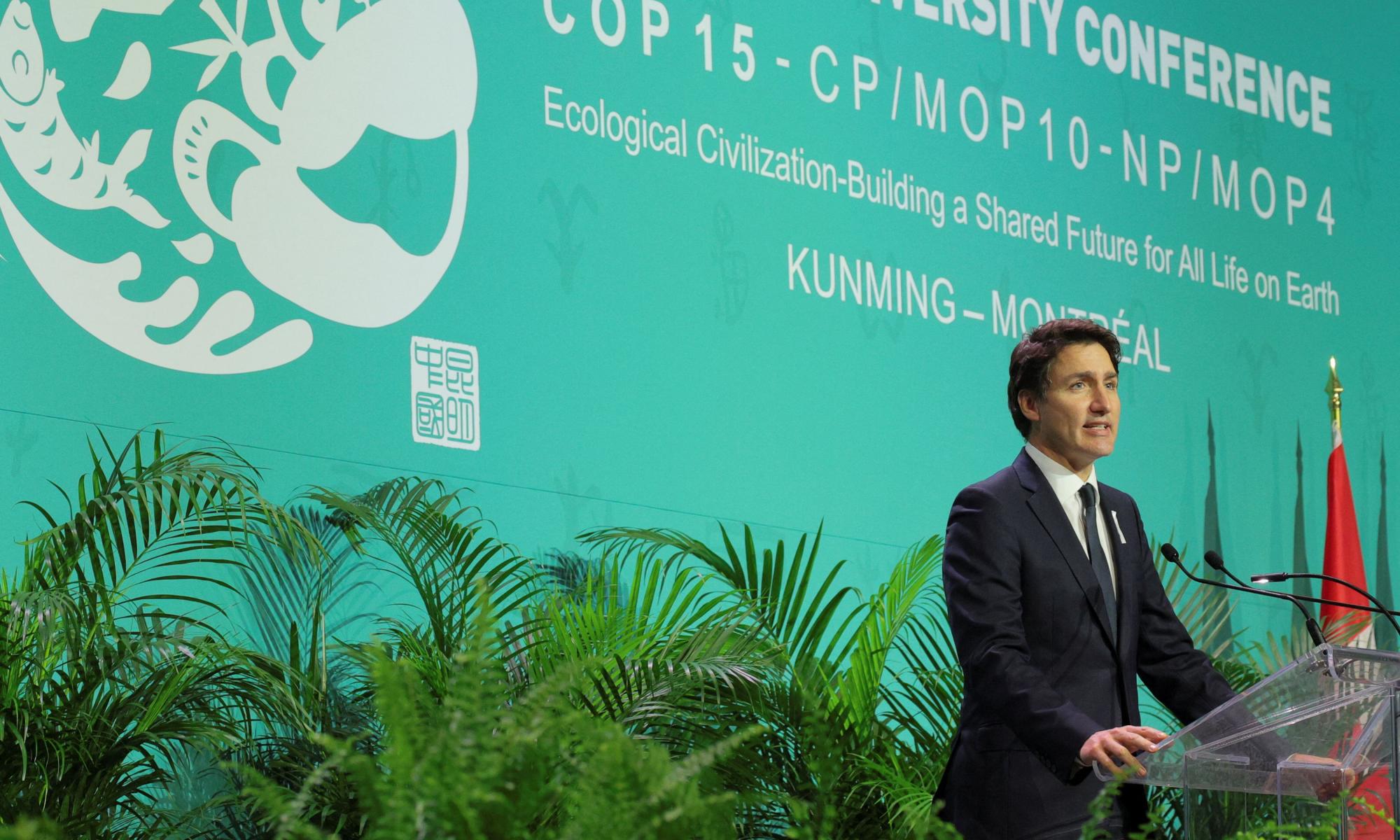Conservation groups have called on the Albanese government to get on with strengthening the country’s environmental protections after it announced a plan to create a market for nature restoration.
The prime minister, Anthony Albanese, said the new scheme would recognise private landholders who restored and managed habitat by granting them biodiversity certificates that could then be sold to other parties.
The biodiversity market would be underpinned by legislation and would function in a similar way to the carbon credit market, with the Clean Energy Regulator responsible for oversight of both schemes.
Legislation for a similar land stewardship scheme was developed by the previous government, but a spokesperson for the Albanese government said its scheme was focused not just on farmers but all landholders, including First Nations people and conservation groups.
The announcement has been cautiously welcomed by some environment groups, with WWF Australia stating it would help “recognise and measure the enormous economic value of nature”.
The Australian Conservation Foundation said the government should be careful to ensure the scheme genuinely benefited nature and did not face the integrity issues that have plagued the carbon credit system.
“A well-designed biodiversity certificates scheme could be good for nature, but a badly designed scheme could facilitate the destruction of more precious wildlife habitat,” the ACF’s nature campaigner, Basha Stasak, said.
Stasak said private investment in nature was welcome, but there was an urgent need for significant public investment as well as reform of national environmental laws.
But the Wilderness Society was scathing, saying the announcement was an “inexplicable” response to the crisis described in the recent State of the Environment Report and the Graeme Samuel review of environmental laws.
“This is further evidence that the current Albanese government’s environmental agenda seems to be disconcertingly similar to the Morrison government environmental agenda,” its national campaigns director, Amelia Young, said.
“This bill and the “regional plan” approach were both top of the Morrison government’s to-do list— yet were and are nowhere near the top of the to-do list to genuinely protect and restore nature.”
The government has yet to set out key details of how the new market would work.
For example, it has not made clear whether it would exclude the purchase of biodiversity certificates as offsets for habitat destruction caused by development elsewhere.
A government spokesperson said protocols for the new market would be developed after a consultation process and an expert review.
Andrew Macintosh, the Australian National University professor who blew the whistle on the deficiencies of the carbon offset market, said a national scheme to incentivise biodiversity stewardship was overdue.
“It is important to stress that, to the best of our knowledge, this scheme is not intended to generate biodiversity offset credits that can be used to compensate for biodiversity losses associated with development proposals,” he said.
He also cautioned that there was a belief in some quarters that the private sector was ready to fund large-scale nature restoration and would be the main buyer of certificates, but “we see very little evidence to support this”.
Megan Evans, a senior lecturer at the University of NSW in Canberra, said the proposal was similar to the scheme put forward by the Morrison government and moves to support private landholders were positive.
“But we still need strong improvements to the Environment Protection and Biodiversity Conservation Act and I don’t think this market is going to be a cure-all to those problems,” she said.
Albanese said on Friday the government was creating a “once-in-a-lifetime opportunity – not just to protect Australia’s natural environment but to kickstart a nationwide restoration”.
The opposition agriculture minister, David Littleproud, said it could not be a once-in-a-lifetime opportunity because it had already been done by the previous government.
“The concept, the trials with farmers, the trading platform were all funded and delivered by the Nationals in government,” he said.
The government has said it plans to respond to the review of national environmental laws by the end of the year.


